Symbiotic Relationship: Convention Centers & Hotels
While once convention centers were built without consideration for the hotels where trade-show goers would stay, more municipalities are realizing the importance of partnering with private hotel developers and other amenity providers at the outset to produce a more economically successful venue.
By Anna Spiewak, News Editor
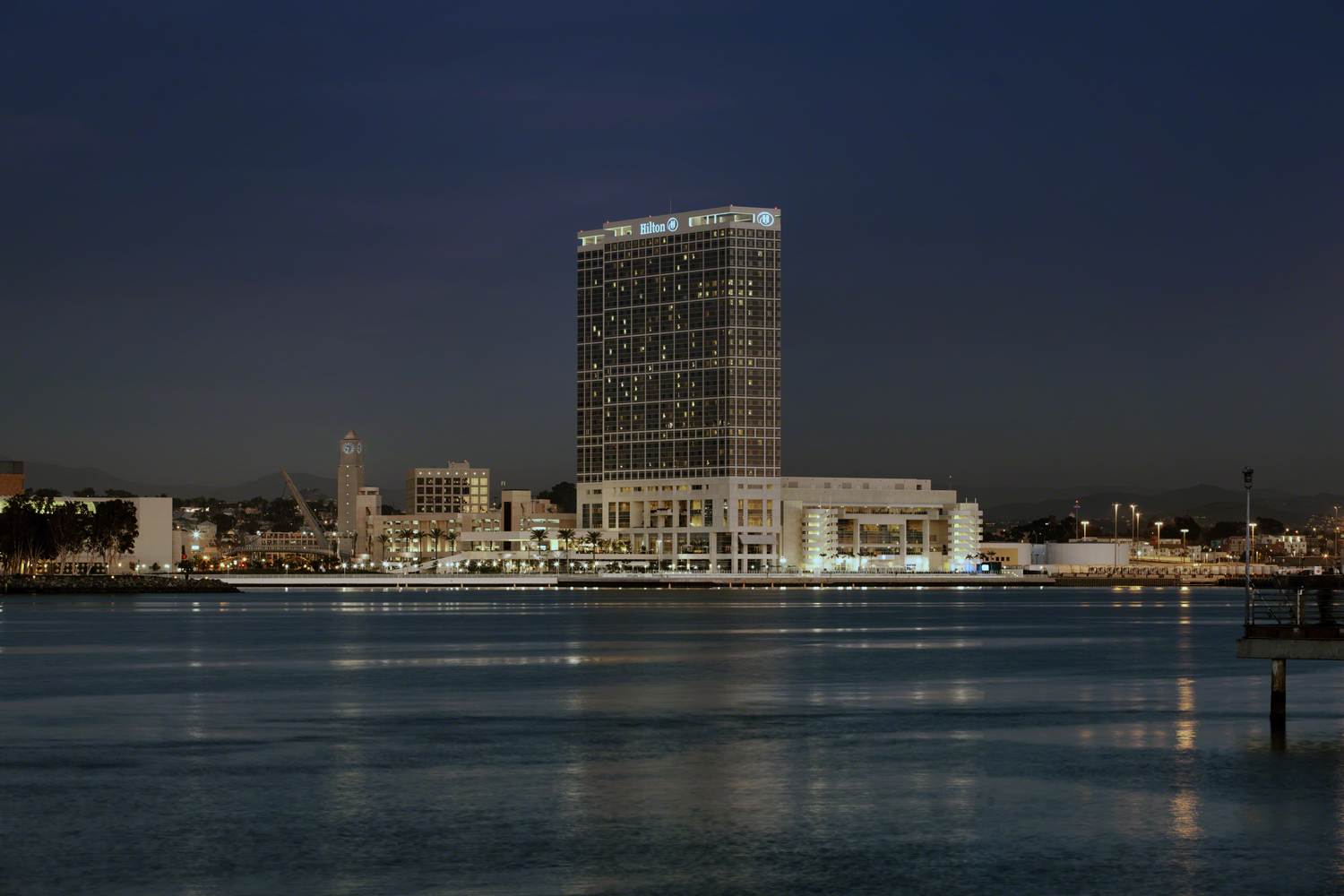
Portman Holdings developed this convention center hotel in a public-private partnership with the Port Authority of San Diego and Phelps Development, along with Hilton Hotels and ING Clarion.
Adam and Eve. Romeo and Juliet. Jack and Jill. Convention centers and hotels. What does that last pairing have in common with the others? Increasingly, it is a natural combination. While once convention centers were built without consideration for the hotels where trade show goers would stay, more municipalities are realizing the importance of partnering with private hotel developers and other amenity providers at the outset to produce a more economically successful venue.
“The real emphasis in convention center development is not so much on expansion of space but improvement of the destination in the surrounding neighborhood,” said Thomas Hazinski, managing director of HVS Convention, Sports & Entertainment Facilities Consulting. “There’s been a lot of increase in public-private partnerships in terms of hotels and other development surrounding convention centers. To be competitive in today’s market, there needs to be more than just the available space in a convention center; it needs to be an attractive destination where people want to go.”
With so many publicly funded convention centers going up around the country, competition for business dollars continues to stiffen, exacerbating the need for greater enterprise. And while most hotels are financed privately, some developers are finding they can benefit from municipal “givebacks” such as granting of land or offering tax increment financing, according to Jan Freitag, senior vice president at Smith Travel Research.
These so-called improvements or additions to the convention center entail not just nearby hotels but also mixed-use real estate with an entertainment focus, such as restaurants, bars, retail, even an arena—as is the case with one Chicago
project, the Hyatt Regency McCormick Place, which developer CHM Properties is expanding by 460 rooms.
“The industry has become more mature and therefore hypercompetitive,” said Hans Detlefson, managing director of HVS Global Hospitality Services. “Cities that are serious about strengthening or keeping the strength of their convention-center industry are putting more and more investment in facilities that make that industry successful.”
Portman Holdings is just one of several companies that is currently planning such a public-private partnership. In Miami Beach, it intends to give an old convention center a facelift. As part of the requirement, the city asked the developer to erect an 800-room adjacent hotel.
“These convention centers need a contiguous hotel to really market their space,” said Jack Portman, vice chairman at Portman Holdings. “The indirect benefit of the convention center is how the city and how the public benefit from their investments. Only a few (convention centers alone) really make money.”
Other public-private partnerships in the works include a 1,000-key convention center hotel in Salt Lake City, approximately 1,000 yards from the Salt Palace convention center, driven by the city and the county. Gold Key/PHR Hotels & Resorts will build a $126 million hotel, conference center and parking facility in downtown Norfolk, Va., financing $64 million of the cost of the hotel. The city will pay for the $42.5 million conference center using revenue from the Public Amenities Fund, which levies a 1 percent tax on meals and lodging. Furthermore, Choice Hotels International Inc. is building a Cambria Suites in the nation’s capital within close proximity to the 2.3 million-square-foot Washington Convention Center as part of an agreement with the city. The list goes on.
“Given the enormous economic impact convention centers and hotels can have on a local economy, the significant investment requirements and the current liquidity environment, it makes sense for well-thought-out projects to include public-private partnerships,” said Andrea Grigg, senior vice president of Jones Lang LaSalle Inc.’s hotels and hospitality group.
In fact, in a recent research study, Jones Lang LaSalle found a strong connection between convention center attendance and revenue per available room (RevPAR), showing the positive effects development of convention centers can have on those markets—and making it a key driver in investment decisions. In the 15 markets studied, three years after a convention center expansion was completed, real RevPAR increased an average of 2.2 percent per year, versus no expansion, in which the real RevPAR increased an average of 0.4 percent per year. And five years after an expansion was completed, real RevPAR increased on average 1.6 percent per year, versus 0.4 percent with no expansion.
“The convention centers and hotels accommodating their guests is a marriage of sorts, where one doesn’t exist without the other,” said Jeff Warwick, former managing director at Portman Holdings.

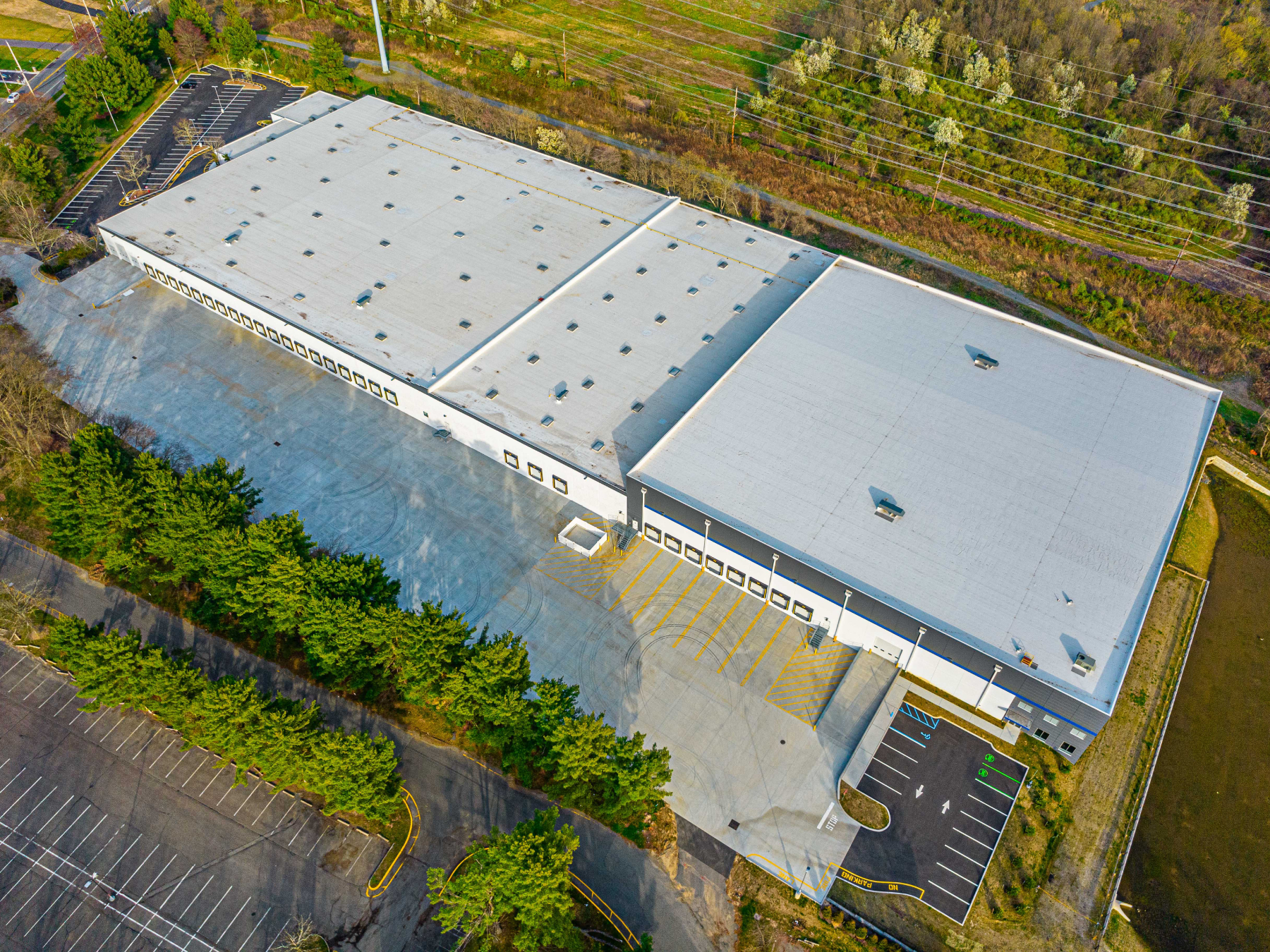
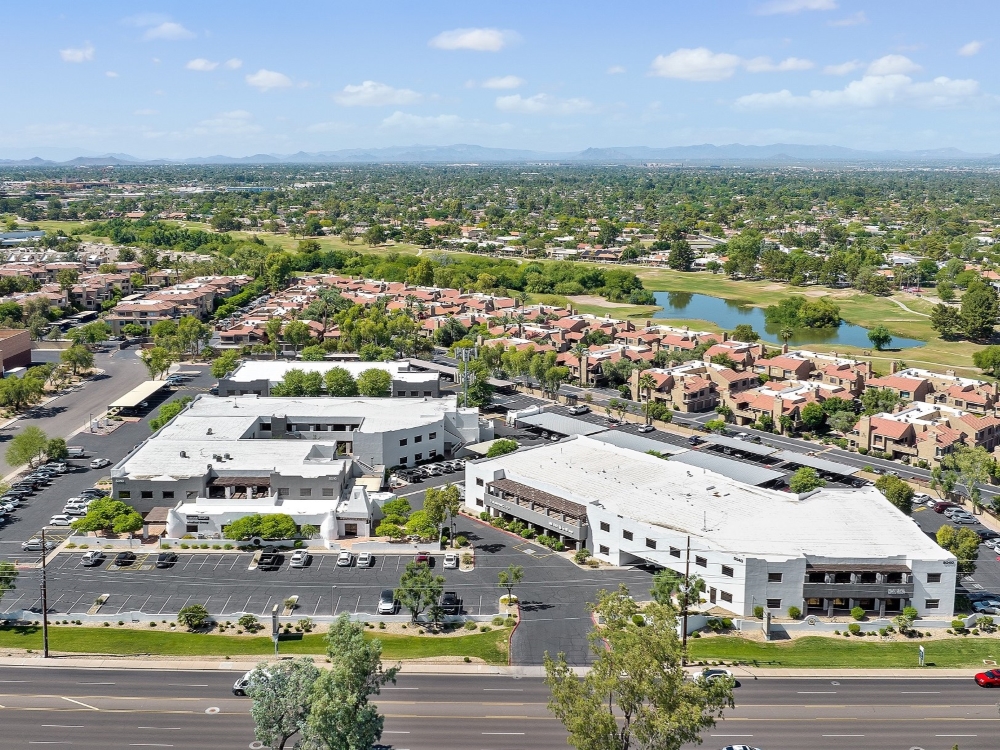
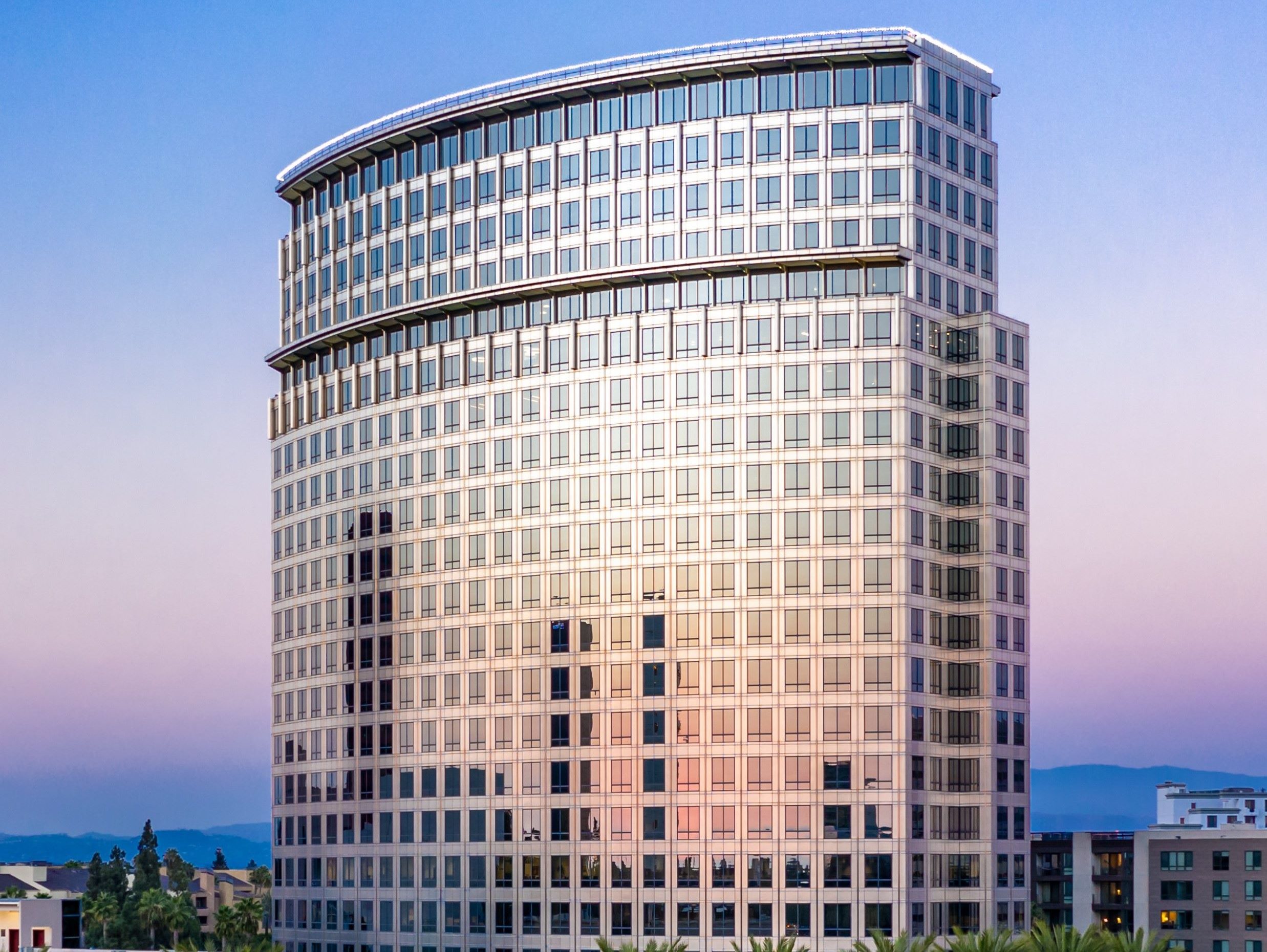
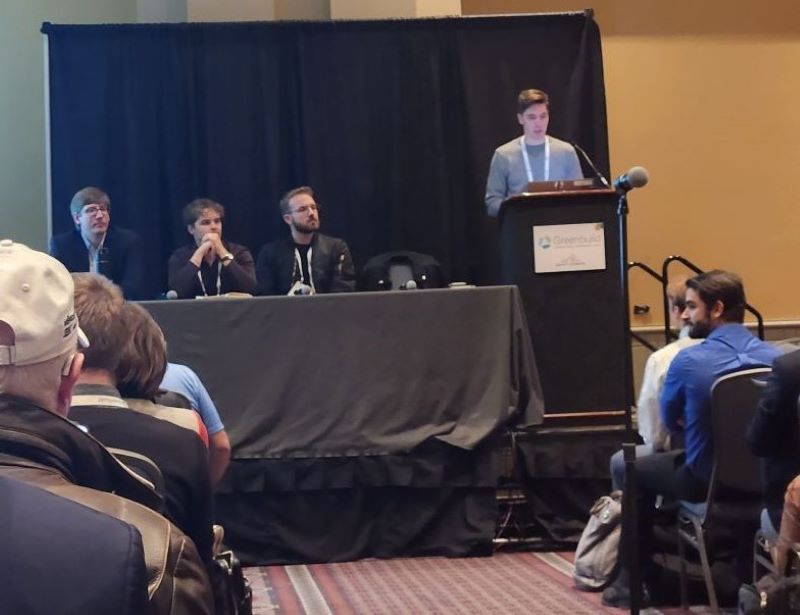


You must be logged in to post a comment.